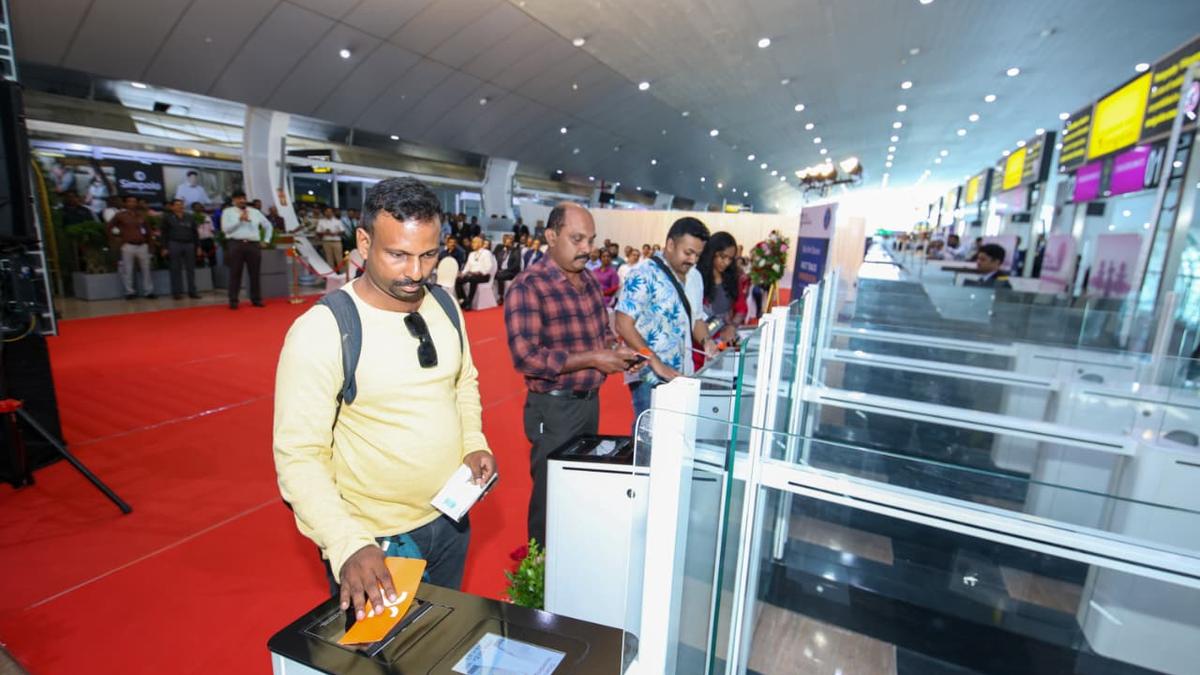Now Reading: Lingayat Leaders Supportive of Hinduism, Affirms Gadag Seer
-
01
Lingayat Leaders Supportive of Hinduism, Affirms Gadag Seer
Lingayat Leaders Supportive of Hinduism, Affirms Gadag Seer
Quick Summary
- Sri Siddarama Swami of Tontadarya Mutt in Gadag stated that Lingayat leaders have not been critical or abusive towards Hinduism but rather oppose societal customs, superstitions, and discrimination.
- He emphasized Hinduism as a “way of life” and explained Lingayat’s distinct cultural identity, rejecting beliefs like karma and rebirth.
- The State government has forwarded Justice nagmohan Das’s report advocating recognition for Lingayat as a religion to the Union government. Minority status may bring benefits, eliminating reservation needs.
- Till 1871 government documents recognized Lingayat as a religion but changed this in 1881 under alleged vested interests; the seer urged filling “Lingayat” under the religion survey column for proper acknowledgment in records.
- Interfaith marriages are accepted within Lingayat ideology based on Basavanna’s teachings on universal love.
- Pan-Karnataka campaign (Basava Sanskruti abhiyan) aims to raise awareness among people and politicians about religious recognition, with leaders optimistic about political support over time.
- Community figures proposed introducing Basavanna’s ideology into textbooks to guide youth away from corruption or superstition and educate on secular values rooted in Lingayat culture.
- A mega rally scheduled for October 5 in Bengaluru will advance efforts towards official acknowledgment as a separate religion.
Indian Opinion Analysis
The statements surrounding the movement for recognition of Lingayats as a distinct religion reflect longstanding socio-cultural dynamics within India’s pluralistic framework. While acknowledging Lingayat philosophy’s divergence from customary Hindu concepts like karma and rebirth, speakers framing Hinduism broadly-as a geographical identity-may face differing interpretations amidst India’s current discourse on religious classification.
The appeal to formalize “Lingayat” individually is rooted both historically (till 1871 it was categorized separately) and practically (with expected minority benefits).This highlights an intersection between socio-political advocacy and identity politics tied to group recognition by legal frameworks-a complex issue often influencing communal harmony.
Efforts such as introducing Basavanna ideology universally could bolster ethical teachings while addressing reservations over formal separation moves stirring debates traditionally seen through divisive political lenses when community identities overlap major faith systems.
Read more: [link provided above]

























